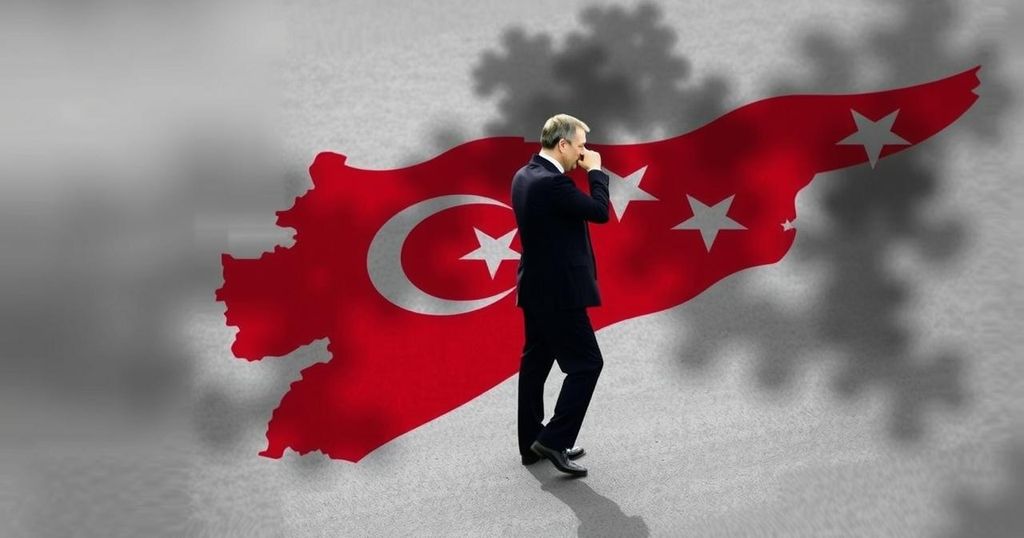Analyzing Turkey’s Position: A Premature Declaration of Victory in Syria
Despite claims of Turkish victory in Syria after Assad’s departure, evidence suggests Turkey has not achieved significant gains. Ankara’s relationships with groups like HTS and the Syrian National Army are overshadowed by emerging diplomatic ties among other international players and the looming challenges posed by Kurdish factions. The narrative of Turkish domination in Syria remains overly simplistic and does not account for the intricate political landscape.
The belief that Turkey has emerged victorious in Syria following Bashar al-Assad’s exit is indeed premature. While it is accurate that Turkey finds itself in a position of influence by supporting groups like Hayat Tahrir al-Sham (HTS) and the Syrian National Army, Turkey’s control in the aftermath of Assad’s regime is exaggerated. The fall of Aleppo and Assad’s retreat were initially designed to pressure the former president into negotiations with Turkey, not aimed at regime change. Moreover, the burgeoning relationships between international and Arab diplomats and HTS expose the limitations of Turkish influence. Turkey’s supposed cultural affinity with Arab nations is questionable and ineffective, as regional powers such as Saudi Arabia and the UAE are establishing contacts with Syria that Turkey cannot compete with. Additionally, the complexities surrounding Kurdish nationalism complicate Turkey’s ambitions in the region. The perceived possibility of eliminating the Kurdish People’s Protection Units (YPG) remains fraught with challenges, as the Kurdish factions are well entrenched and capable of resisting Turkish aggression. Therefore, while Turkey’s involvement in Syria is significant, the narrative of outright victory is misleading at best.
Turkey’s situation in Syria remains fluid as diplomatic relations are reshaping. Ankara’s past miscalculations, driven by overconfidence, demonstrate that its predictions about control and authority in the region may lead to further disillusionment. The government must navigate this new landscape carefully to avoid underestimating the balancing acts taking place among other regional players. Overall, it is essential to recognize that the situation is dynamic, making any assertion of victory for Turkey at this juncture unfounded.
The article examines the complexities of Turkey’s involvement in Syria following the recent shifts in power dynamics post-Assad’s ousting. Analysts have quickly labeled Turkey a ‘winner,’ attributing its status to its strategic support of militant groups and infrastructure rebuilding prospects. However, this perspective overlooks the significance of international relationships developing between other state actors and HTS, as well as the potential threats from Kurdish forces, highlighting the nuanced and multifaceted nature of international politics at play in the Syrian conflict.
In conclusion, while Turkey may hold a position of influence in Syria post-Assad, asserting that Turkey has emerged victoriously is a hasty assumption. The evolving relationships with other nations, coupled with the internal challenges posed by Kurdish resistance, showcase that the reality on the ground is far more complex than a straightforward outcome. Turkey’s actions must be viewed within a larger context of regional dynamics and the potential for future instability.
Original Source: foreignpolicy.com




Post Comment